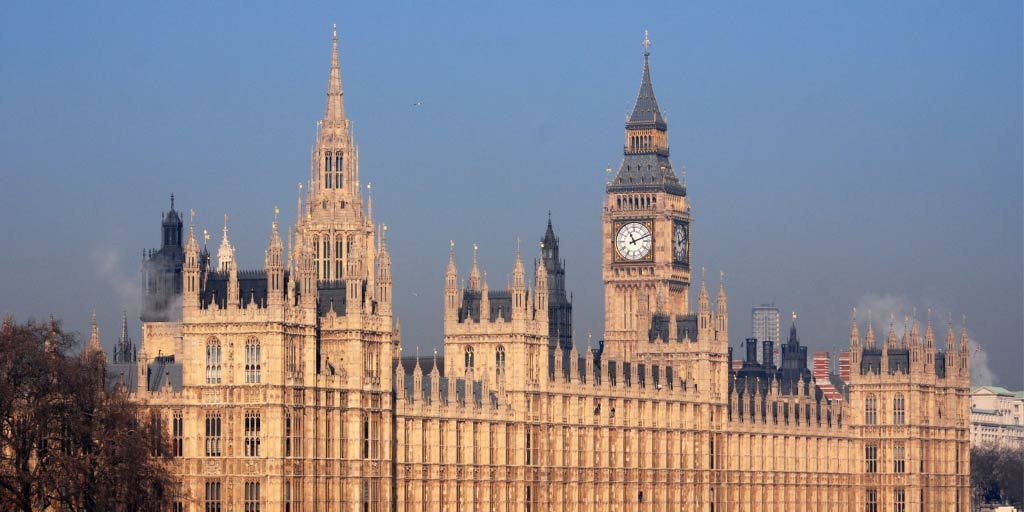This information should not be interpreted as financial, tax or legal advice. Mortgage and loan rates are subject to change.

Category: government and politics government and politics
government and politicsAfter much speculation about Labour’s plan for the Renters’ Rights Bill (RRB), it has been confirmed that the bill is to be formally introduced in draft form to the House of Commons this week.
The RRB has been the centre of much controversy, particularly among landlords, since it is the crucible for most of the government’s perceived anti-landlord policies – the proposed abolition of Section 21 chief among them.
Section 21 ban back on the itinerary
Revoking Section 21 would prevent landlords from evicting tenants without stating fault, giving tenants more protection, while reducing landlords’ power and autonomy over their own properties.
Before the General Election results came in, Labour promised that Section 21 would be removed within a day of Sir Keir Starmer moving into 10 Downing Street. For many reasons, this could not come to pass in such a tight deadline.
The biggest roadblock preventing Labour from immediately enacting this policy was the court system. News of this was a temporary relief to many landlords, but Labour always intended to bring in this change, as the Conservatives had also promised to do.
Now that the RRB is being formally presented to the Commons, the government may be in a more viable position to start implementing it once they get feedback and reviews done.
Awaab’s Law extension
Awaab’s Law, named after a young boy who tragically died from overexposure to mould in a social home rented by his family, was meant to reform the social housing sector. The law was created while the Conservatives were in power.
However, Labour may want to take the law further. According to some sources, the RRB may seek to extend the reach of Awaab’s Law into the Private Rented Sector (PRS).
This would compel private landlords to promptly investigate mould and damp issues raised by tenants and carry out repairs within a strict timeframe.
In principle, there is less vocal opposition to Awaab’s Law than the Section 21 ban, due to the sad circumstances surrounding its creation. However, some landlords may feel apprehensive about Labour’s ad-hoc approach to expanding policies specifically aimed at the social sector into the PRS.
In scenarios where mould build-up is clearly the fault of the tenant (caused by, for example, the tenant drying washed clothes in confined areas without opening windows) but it cannot be proved, Awaab’s Law combined with the lack of Section 21 may prove to be a difficult combo for landlords to deal with.
When will the bill be debated?
The bill will be presented to parliament this week, though as mentioned, it will be a draft. Debates on the RRB will begin later in autumn.
It may well be the case that MPs will once again sympathise with the plight of landlords and vote for more alterations to the bill, as had previously been the case when Rishi Sunak’s cabinet presented similar policies, but only time will tell.
One thing is certain: landlords across the UK will be watching how this develops with hawk eyes, especially the parts concerning Section 21.
Of course, we will keep you posted on responses to the reading of the bill. Get the fastest updates by subscribing to our newsletter using the small form below.
